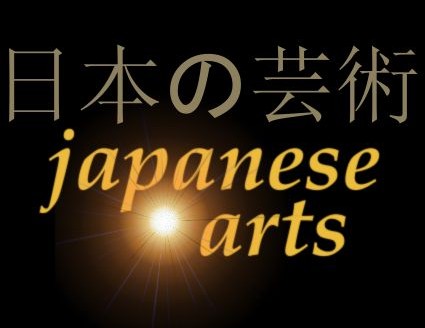| architecture |
| calligraphy |
| ceramics |
| clothing |
| comics |
| gardens |
| lacquerwork |
| literature |
| movies |
| music |
| painting |
| poetry |
| sculpture |
| tea ceremony |
| television |
| theatre |
| weaponry |
| thematic routes |
| timeline |
| the site |
context: movies > general points
Presentation/Representation
Donald Richie insists that the Japanese film is generally far less concerned with representing reality than in the West: "Rather than being presented as an occurrence, Japanese drama is presented as a recounted occurrence". Again and again Richie cites examples of directors more interested in pattern and form than in story, message, theme. He's certainly right, and this is seen elsewhere in Japanese narrative forms, though with the increased internationalisation of Japan (and most of the rest of the world), this tendency has decreased some. (Essay on realism linked below.)
This may also explain why expressionism, something where the idea of a personal presentation is foregrounded more than in most styles, was so popular in Japanese cinema - to the point that while it was an art-film movement everywhere else, in Japan it was a significant part of the mainstream. (The close links between Germany and Japan may be relevant here, too.) Another point here may be that foreign films, widely and popularly shown and admired in Japan (Ozu's job interview at Shochiku involved his admitting that he had only seen three Japanese movies), were not shown in a way that presented some as mainstream and some as avant garde, so it was as easy to take The Cabinet of Dr Caligari as a model as it was to learn from a Lubitsch or Chaplin - there was not the perception of expressionism or other experimental tendencies as something that belonged outside commercial cinema.
